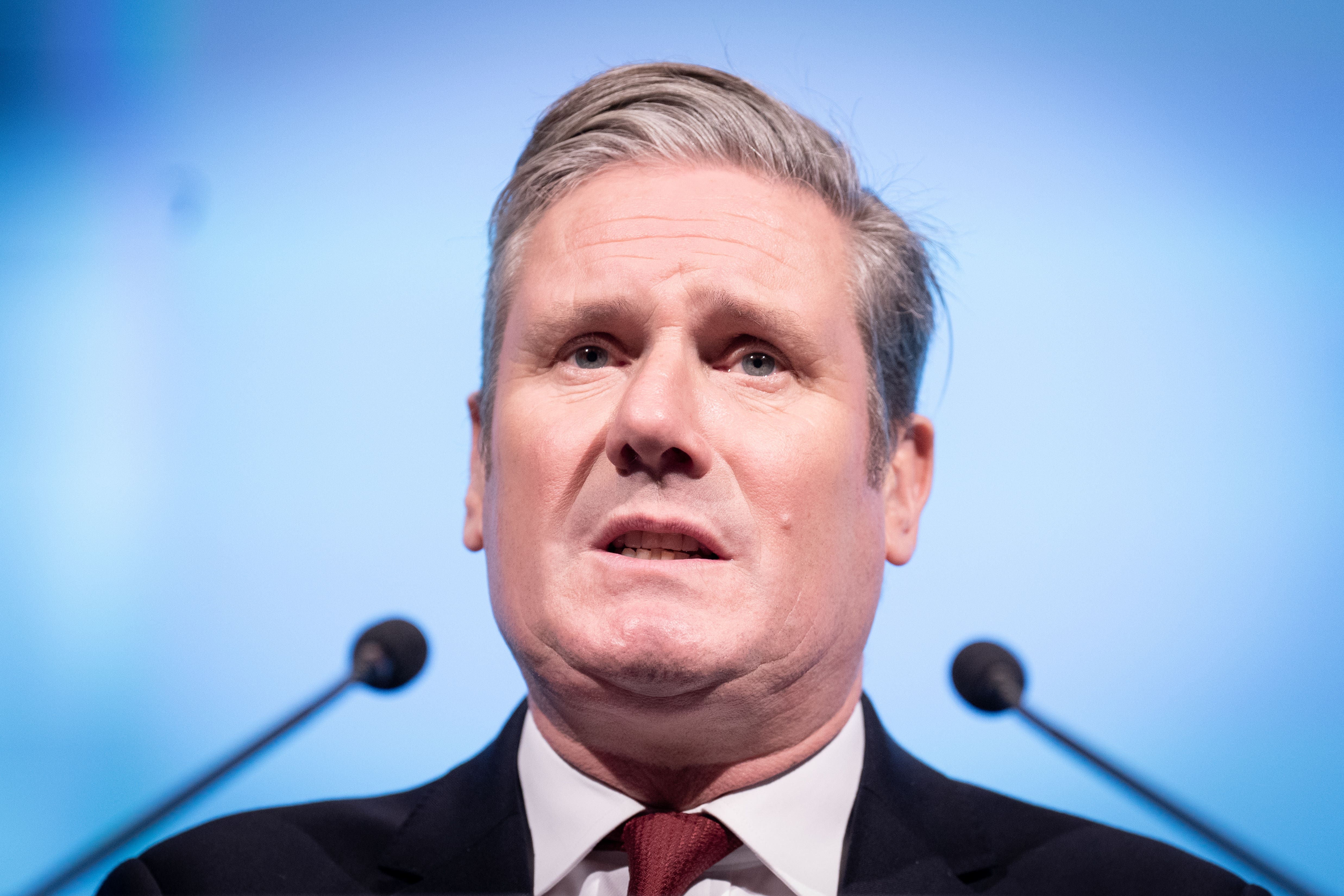
British energy giant Shell has reported profits of £8.2bn ($9.5bn) for the third quarter of 2022, up from £3.5bn ($4.1bn) in the same period last year.
The corporation’s profits were actually down slightly from the record £9.84bn (£11.5bn) it announced for the three months prior – which it attributed to weaker natural gas trading due to a lack of storage space, the mild weather and a reduction in oil refining margins – but still amounted to a whopping £89m ($103m) per day.
The announcement takes Shell’s takings for the nine months to October to £25bn ($28.9bn), double the amount it earned over the same stretch in 2021.
“We are delivering robust results at a time of ongoing volatility in global energy markets,” commented outgoing CEO Ben van Beurden of the business’s July to September results.
“We continue to strengthen Shell’s portfolio through disciplined investment and transform the company for a low-carbon future.
“At the same time we are working closely with governments and customers to address their short and long-term energy needs.”
This “ongoing volatility”, caused in part by a spike in demand for gas as the world recovers from the lockdowns and industrial disruption of the Covid-19 pandemic and by the knock-on effects of Russia’s invasion of Ukraine, has meant that Shell, BP and their rivals are enjoying huge gains from selling gas at higher prices.
Countries opposed to Vladimir Putin’s brutal invasion of Russia’s western neighbour moved quickly to sever commercial ties with Moscow earlier this year and impose tough sanctions as punishment for its aggressions.
But doing so has meant shunning one of the world’s biggest energy producers and exporters, placing a squeeze on alternative sources of oil and gas from elsewhere as prices surge and hardship follows at home, underlining the folly of relying too heavily on the goodwill of foreign powers to meet domestic energy needs.
The result has been rising domestic power bills for British consumers – which the government has capped at £2,500 until April 2023, when it will be reviewed with further rises feared – and the National Grid warning of blackouts between 4pm and 7pm on “those deepest, darkest evenings in January and February” should energy availability become insufficient.
The phenomenon has led the opposition Labour Party to renew its repeated calls for a more robust windfall tax on energy company profits.

During his time as chancellor in May this year, Britain’s new prime minister Rishi Sunak did introduce a temporary 25 per cent levy on the excess profits of energy companies on top of the 40 per cent tax they were already paying.
While that was estimated to be worth £5bn a year to the national balance sheet, much of it was offset through a tax release scheme for companies investing in new extraction projects in the North Sea, without which, Labour has argued, £8bn could be raised to pay for the soaring rise in Ofgem’s energy price cap, which was about to pass the £3,500-mark before Liz Truss moved to halt it during her short-lived premiership.
Ms Truss was opposed to further taxes on the energy giants, however, preferring to reward British industry and promote her “growth, growth, growth” agenda.
Now that “Trussonomics” has been comprehensively discredited by the markets and she has been ousted from No 10, the opposition hopes to persuade her successor that a change of approach is in order for the national good and should be introduced as part of chancellor Jeremy Hunt’s next fiscal statement, now due on 17 November.
Shadow climate secretary Ed Miliband responded to the news from Shell on Thursday morning by commenting on social media: “Further proof that we need a proper windfall tax to make the energy companies pay their fair share.
“Rishi Sunak’s existing plans would see billions of pounds of taxpayer money go back into the pockets of oil and gas giants through ludicrous tax breaks.”
Liberal Democrat leader Sir Ed Davey agreed, tweeting: “The Conservatives’ refusal to properly tax the eye-watering profits of oil and gas companies is an insult to all those struggling with their bills.
“Even Shell’s CEO has admitted they should be taxed more. People should not have to pick up the bill for this Tory economic chaos.”
Also in agreement were TUC general-secretary Frances O’Grady, who said Shell’s profits were “obscene” and UCL climate professor Mark Maslin, who said simply: “Fossil fuel companies are squeezing the poor for profit.”







